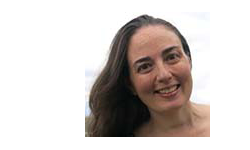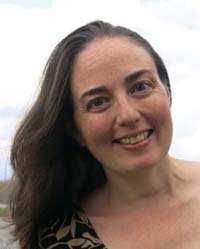
Dr. Liz Derryberry – January 2025
7:00 pm, Tuesday, January 14, 2025
Online via Zoom, Free and open to the public
Registration required. Click here to register for the Zoom webinar.
Non-Parallel Behavioral Responses to Soundscape Perturbations During the COVID-19 Pandemic
The COVID-19 pandemic triggered unprecedented environmental perturbations—sometimes referred to collectively as the Anthropause—that have progressed rapidly and over broad spatial extents, affording novel quasi-experimental opportunities to measure outcomes of human-environment interactions. Here she evaluates the resilience of a common songbird to noise pollution by comparing soundscapes and songs across the San Francisco Bay Area prior to, during, and after the Spring 2020 statewide shutdown. Restrictions on human movement during the shutdown reduced noise pollution, relaxing auditory pressures on animals that communicate via sound. Birds quickly responded by producing wider bandwidth songs at lower amplitudes, effectively increasing signal efficacy and salience. In contrast, behavioral responses have lagged behind increasing noise levels as restrictions on human movement have loosened over time. Although song amplitude eventually returned to pre-pandemic levels, paralleling noise levels, birds have continued to produce wide bandwidth songs, with consequences for signal masking in noise. These findings illustrate that behavioral traits are slower to change in response to newly adverse conditions, indicating non-parallel responses to noise pollution removal and re-introduction.

Liz Derryberry graduated in 2000 from the Ecology & Evolutionary Biology department at Princeton University. In 2007, she completed her doctoral dissertation work at Duke University on the cultural evolution of songs in white-crowned sparrows. She then joined the Museum of Natural Science at Louisiana State University to study speciation processes in Neotropical ovenbirds and woodcreepers. After five years as faculty at Tulane University, she joined the EEB faculty at the University of Knoxville, TN in 2017.


